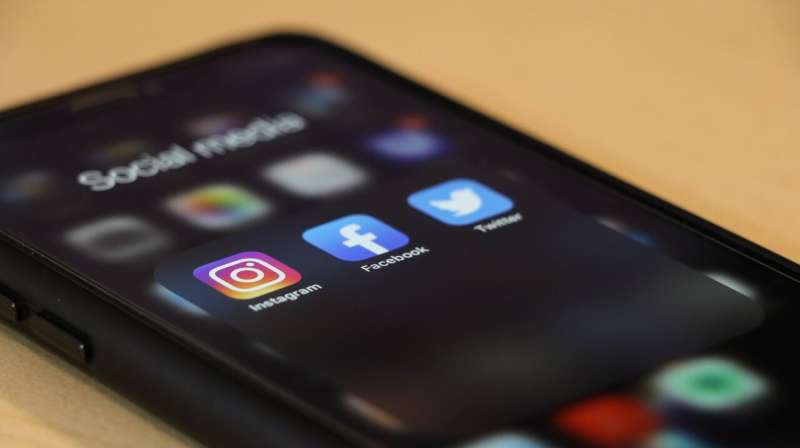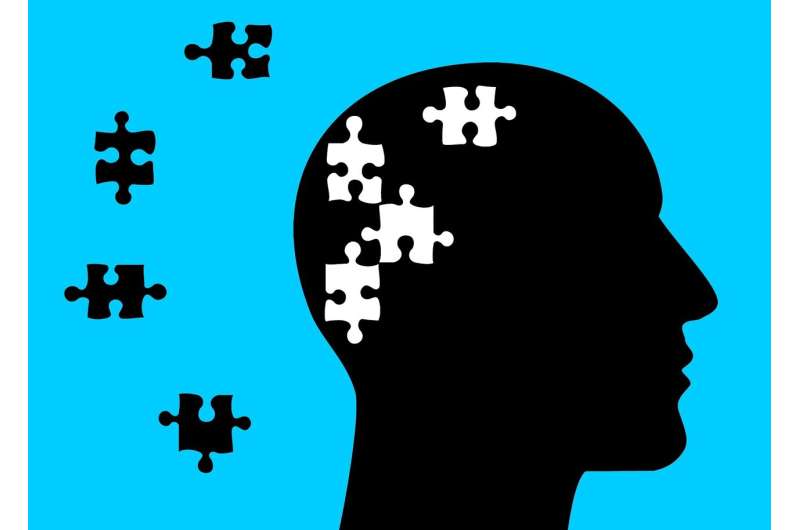How Social Media Supports Healing for Abuse Survivors

Recent research shows social media can be a vital resource for abuse survivors, providing safe spaces, community, and support for healing and recovery. Learn how online platforms help vulnerable youth cope and seek help.
Research conducted by The University of Texas at Arlington highlights the significant role social media platforms can play in aiding young individuals facing difficult situations at home. Led by social work assistant professor Morgan PettyJohn, the study reveals that many young adults who have experienced childhood abuse or neglect turn to social media for coping, gaining information, and connecting with others.
Contrary to the common narrative that social media primarily has negative effects, this research underscores the beneficial aspects for vulnerable youth. The study involved surveying 641 participants aged 18 to 21 nationwide, with around 30% reporting past experiences of maltreatment. Over half of these, approximately 111 individuals, disclosed on social media about their abuse or neglect, mostly using private or direct messaging platforms.
Further, in-depth interviews with 23 of these individuals revealed that social media content often helped users recognize that their experiences were abnormal, encouraging them to seek support. Participants described online spaces as safe environments where they could connect with others who understood their struggles, fostering feelings of happiness, being heard, and engagement. Some emphasized that these connections were life-saving, especially when in-person support was inaccessible.
The practical benefits of social media include its affordability, convenience, and privacy. Many young adults prefer online disclosure due to fears related to legal reporting and the potential loss of control over confidentiality. The ability to remain anonymous was particularly valued when discussing traumatic experiences.
PettyJohn emphasizes that future digital space designs should prioritize safety for youth, recognizing that social media serves as a vital tool for support and healing when used appropriately. The study advocates shifting focus from criticizing online activity solely based on screen time to understanding how digital environments can be made safer and more supportive.
This research invites a broader perspective on social media’s impact, illustrating its potential as a meaningful outlet for survivors of childhood trauma to find community, validation, and courage to seek help.
Stay Updated with Mia's Feed
Get the latest health & wellness insights delivered straight to your inbox.
Related Articles
Study Finds Controlling Coaching Tactics Harm Athletes' Mental and Physical Well-Being
Controlling coaching behaviors can negatively impact athletes' mental health and increase risks of burnout. Recent research advocates for autonomy-supportive coaching to promote athlete well-being and resilience.
AR/VR Sports Games Enhance Mental Well-Being and Social Connectivity
Research shows that AR/VR sports games can enhance mental health and foster social connections, especially for those experiencing loneliness, offering innovative avenues for psychological well-being.



